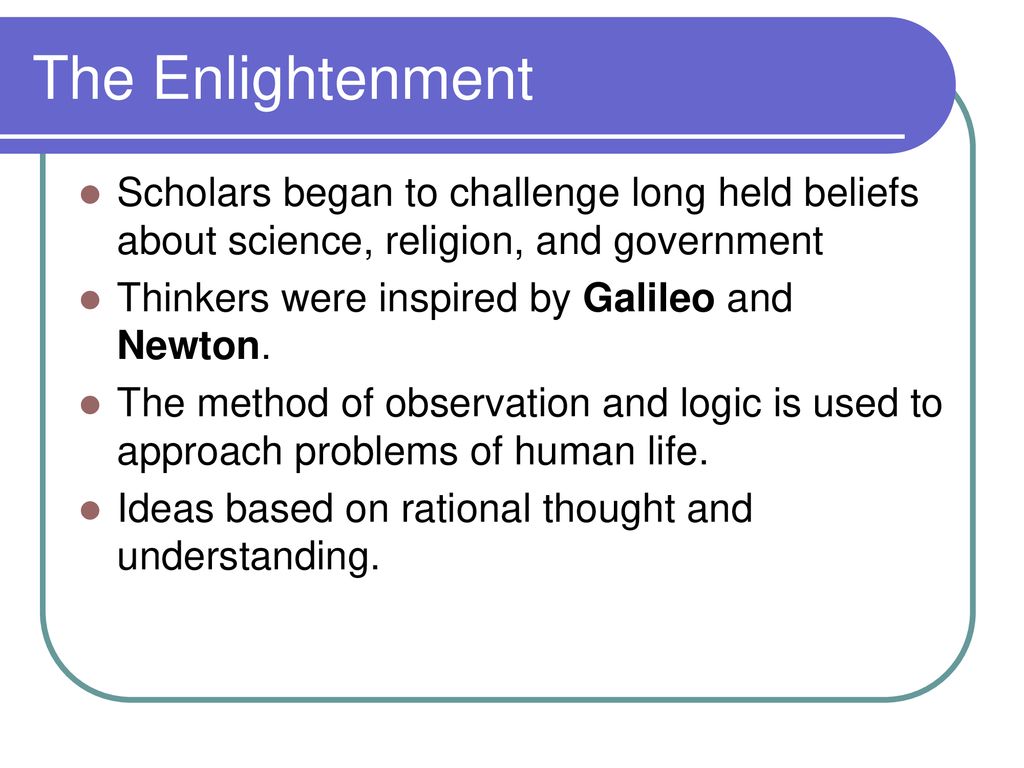The philosophes expected people to see reason when it was pointed out, to give up the habits of centuries, and to revise their behavior in accordance with natural law.
But the rationalism of the Enlightenment tended to omit from its calculations the unpredictable complexities of human nature. A minor philosophe, the abbe de Mably, got at this central problem when he asked: “Is society, then a branch of physics?” Most of the philosophes and their followers believed that it was, and they applied to unpredictable people the mathematical methods used in the physical sciences. The Physiocrats, for example, tried to reduce the complexities of human economic activities to a few simple agricultural laws.
A few outspoken critics, however, disagreed. The Italian philosopher Giovanni Vico (1668-1744) published in 1725 Scienza Nuova (New Science), which looked at the state not as a piece of machinery subject to natural laws but as an organism with a pattern of growth, maturity, and decay imposed by its own nature. A Scottish philosopher, David Hume (1711-1776), dramatized his opposition to mercantilism and his advocacy of free international trade by avowing that he prayed for the prosperity of other nations.
Yet his profound skepticism and his corrosive common sense caused him to make short work of the philosophes’ appeals to nature and reason. To Hume the laws of justice, for instance, were not unalterable but varied with circumstances and, in an emergency, might yield entirely to “stronger motives of necessity and self-preservation. Is it any crime, after a shipwreck, to seize whatever means or instrument of safety one can lay hold of, without regard to former limitations of property?’
Immanuel Kant (1724-1804), who taught philosophy at the University of Konigsberg in East Prussia, raised the debate to the level of metaphysics. While advocating many of the doctrines of the Enlightenment, Kant also believed in a higher reality reaching ultimately to God. He called the eternal verities of the higher world noumena (from a Greek word meaning “things thought”), in contrast to the phenomena of the material world that are experienced through the senses.
Knowledge of the noumenal realm, Kant believed, reached us through reason—reason, however, not as the Enlightenment used the term, not as common sense, but as intuition. The highest expression of the Kantian reason was the “categorical imperative.”
This was the moral law within the conscience implanted by God. Kant’s redefinition of reason and his rehabilitation of conscience exemplified the growing philosophical reaction against the dominant rationalism of the Enlightenment.

